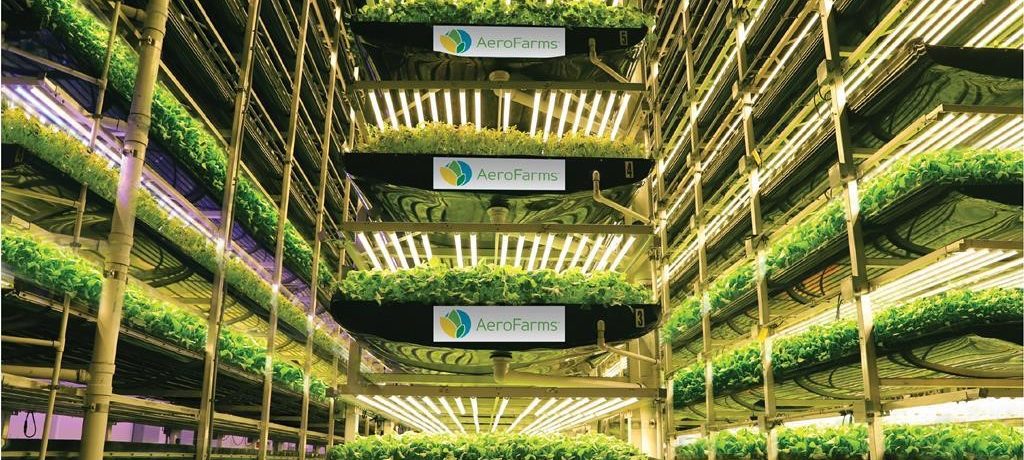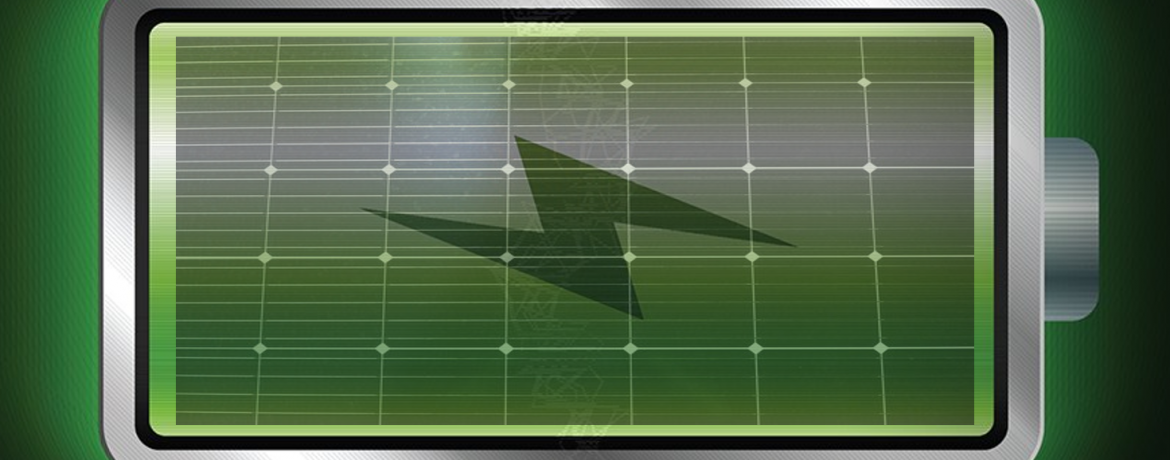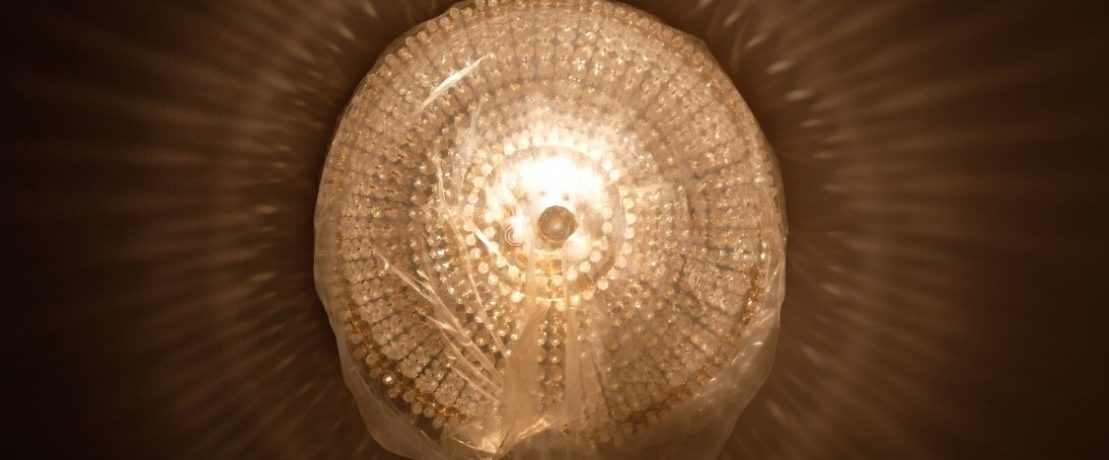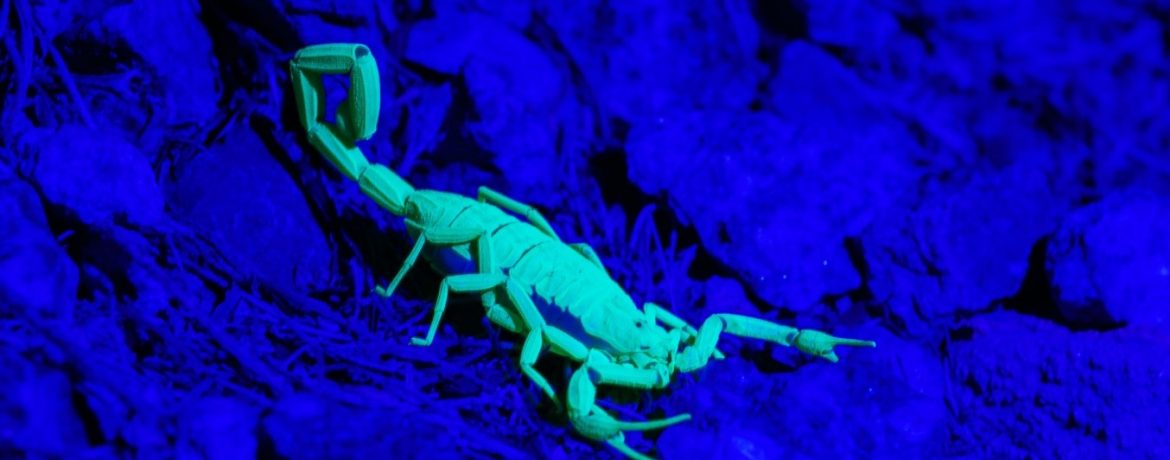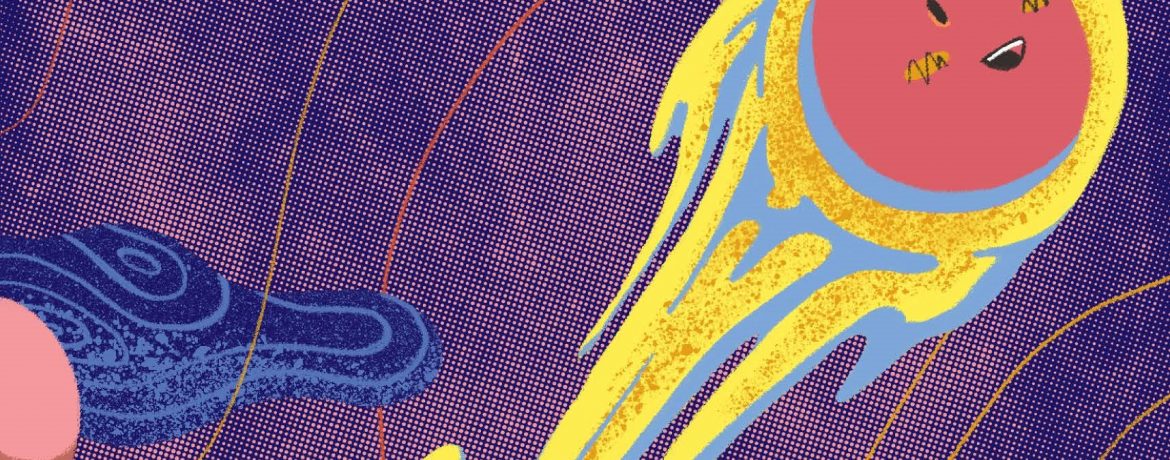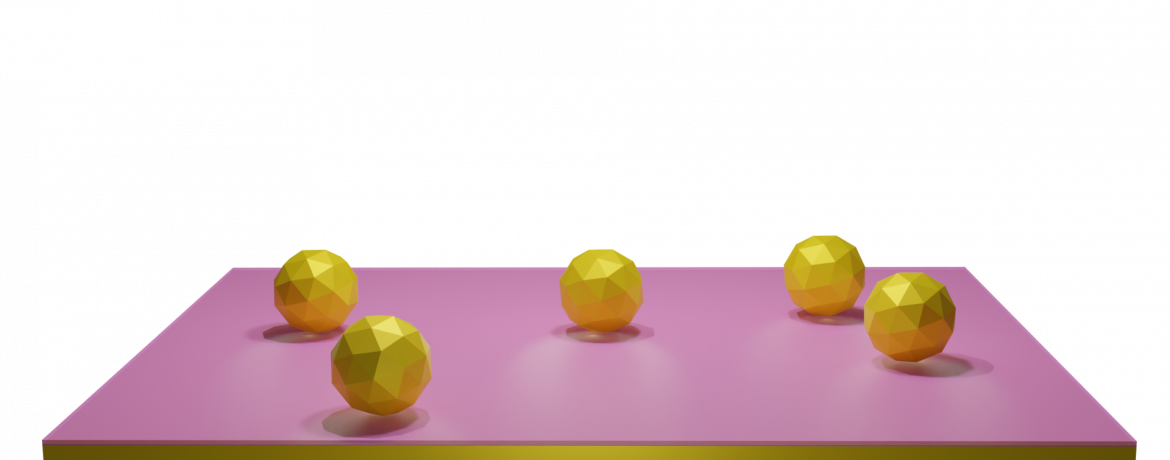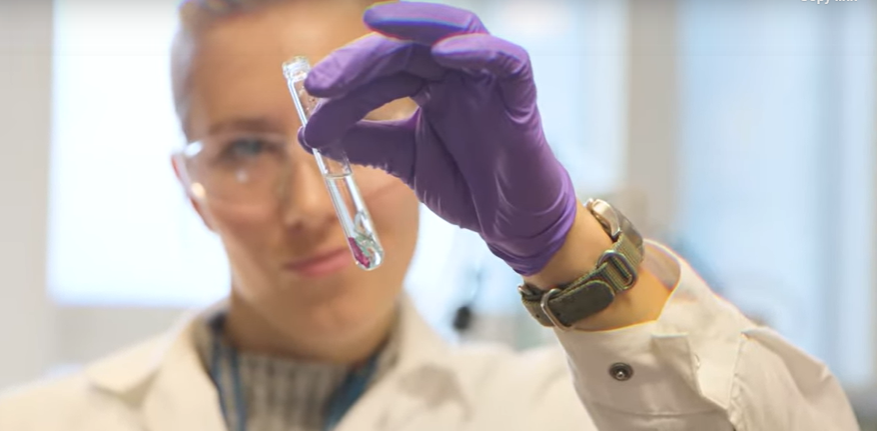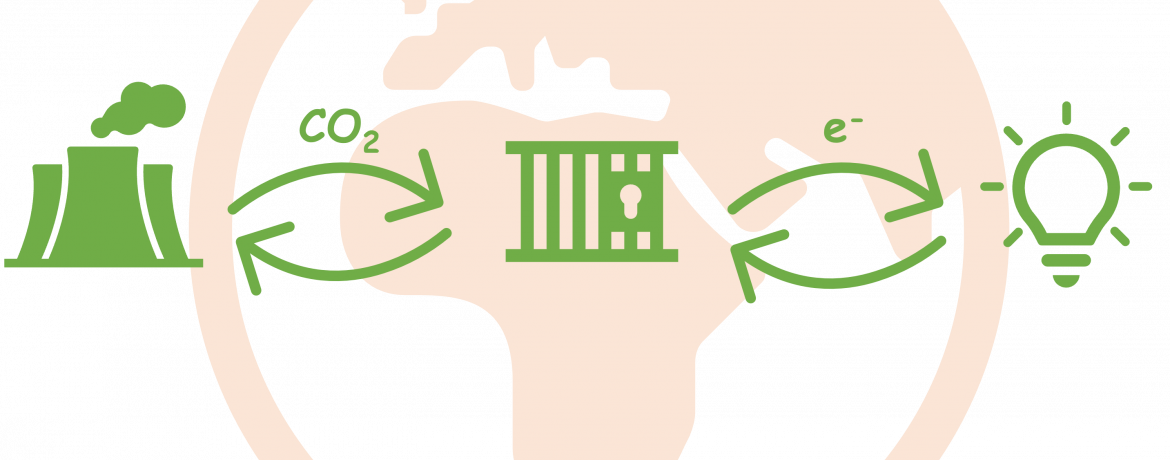
Using Supercapacitors to Capture Carbon Dioxide
Climate change is the largest problem faced by our planet on a global scale. We need to make sure that there is an increase of less than 1.5 ºC in the average global temperatures above pre-industrial levels to prevent irreversible damage to our planet. If temperatures increase above this then it would cause destruction of […]

